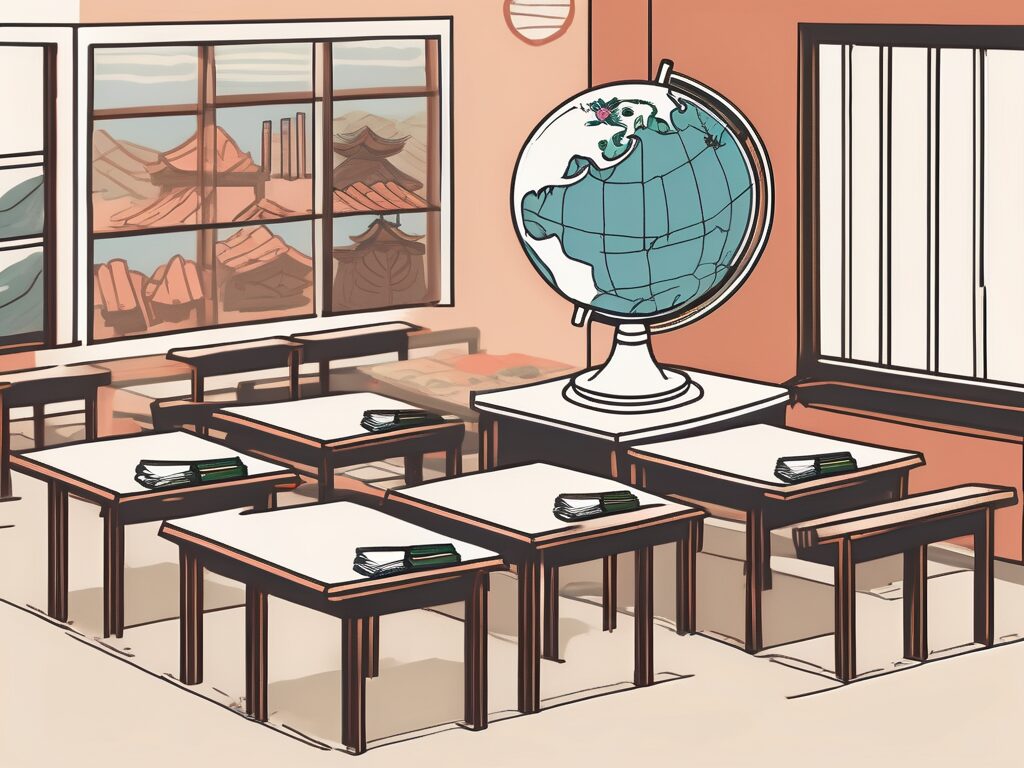Top 7 Challenges for International Teachers in South Korea 2025
South Korea, known as the Land of the Morning Calm, has emerged as a prominent destination for international educators. The country’s rich cultural heritage, advanced urban environments, and significant demand for English language instruction attract numerous teachers from around the globe. However, teaching in a foreign context presents a unique set of challenges. This guide aims to provide a comprehensive overview of the primary issues faced by international teachers in South Korea, equipping educators with the knowledge necessary for a successful transition into this dynamic educational landscape.
1. Cultural Adaptation
International teachers often encounter substantial cultural differences when relocating to South Korea. The nation’s educational practices are deeply influenced by Confucian values, which prioritize respect for authority, hierarchical structures, and age. This contrasts sharply with Western educational philosophies that emphasize individualism and egalitarianism.
- Teachers are typically addressed by their titles and surnames, which may feel overly formal to those accustomed to a first-name basis.
- The concept of ‘nunchi’, or the ability to perceive and respond to social cues, is crucial in Korean society and can be challenging for newcomers to master.
2. Language Proficiency
The language barrier represents a significant hurdle for international educators. Although English is part of the curriculum in South Korean schools, many locals may not possess fluency, complicating daily interactions such as shopping or navigating public transport. In the classroom, this can lead to misunderstandings and hinder effective communication.
Nevertheless, many educators view this as an opportunity to acquire proficiency in Korean, which not only facilitates daily life but also enhances their understanding of students and the broader cultural context.
3. Workplace Dynamics
Teaching in South Korea involves adapting to a distinct professional environment characterized by specific expectations and norms. International teachers frequently face unique workplace challenges that require resilience and adaptability.
- Long working hours are commonplace, as the Korean educational system places a strong emphasis on diligence. Many institutions conduct evening classes and weekend sessions, which can lead to teacher burnout if not managed effectively.
4. Curriculum Variations
International educators must also navigate the complexities of the Korean curriculum, which is highly competitive and focused on rote memorization. This approach can starkly contrast with Western educational models that prioritize critical thinking and creativity.
Moreover, the intense pressure on students to achieve academic success can create a stressful environment for both learners and educators, necessitating a careful balance between support and academic rigor.
5. Visa and Legal Considerations
Relocating to South Korea entails navigating a different legal framework, particularly concerning visa acquisition and compliance with local regulations.
- Securing a work visa can be a complex process, requiring extensive documentation and adherence to strict criteria, including a clean criminal record, a bachelor’s degree, and often a TEFL certification.
- The visa application process can be time-consuming, adding to the stress associated with relocating abroad.
6. Contractual Challenges
Contractual disputes are another common issue faced by international teachers. Reports of delayed payments, unanticipated demands for additional work without compensation, and abrupt contract terminations are not uncommon.
It is imperative for educators to meticulously review their contracts and fully understand their rights and obligations prior to signing, ensuring clarity and protection against potential disputes.
7. Integration into the Educational Community
Successfully integrating into the local educational community can be challenging for international teachers. Building relationships with colleagues and students is essential for fostering a supportive teaching environment.
Engagement in professional development opportunities and participation in school activities can facilitate this integration, enhancing both personal and professional growth.
Conclusion
Teaching in South Korea offers a unique and enriching experience for international educators, albeit accompanied by distinct challenges. From cultural adaptation to navigating workplace dynamics and legal requirements, these obstacles necessitate thorough preparation and a proactive mindset. By understanding and addressing these challenges, educators can pave the way for a rewarding and impactful teaching journey in South Korea.
Enhance Your Teaching Career in South Korea with IPGCE
Are you ready to transform the challenges of teaching in South Korea into opportunities for professional advancement? The International Postgraduate Certificate in Education (IPGCE) is your pathway to achieving Qualified Teacher Status and enhancing your credentials. By enrolling in our program, you can increase your chances of securing interviews by 50% and unlock potential for career growth and salary enhancements. Join a global network of educators, gain insights into international curricula, and pursue your professional development without compromising your teaching commitments. Do not let inadequate qualifications or feelings of isolation hinder your progress. Enroll in the UK’s leading Teacher Training Course today and distinguish yourself in the competitive field of international education.

